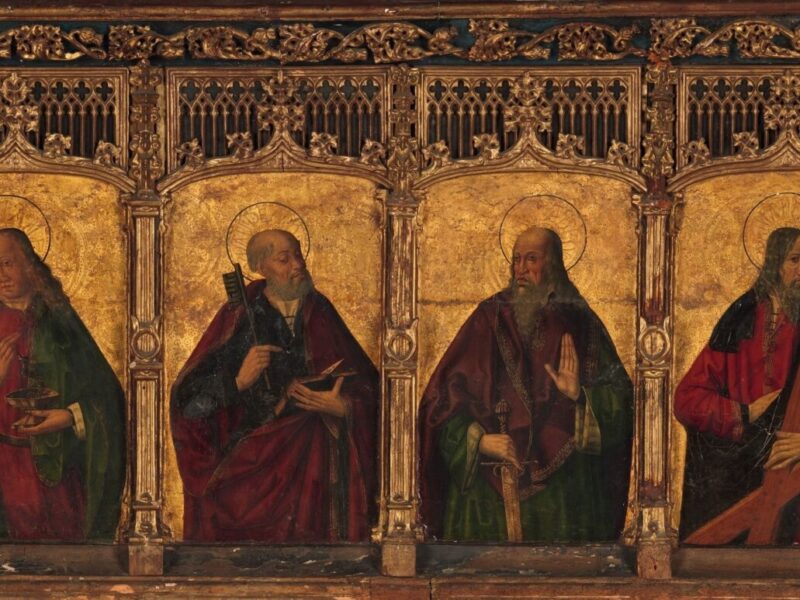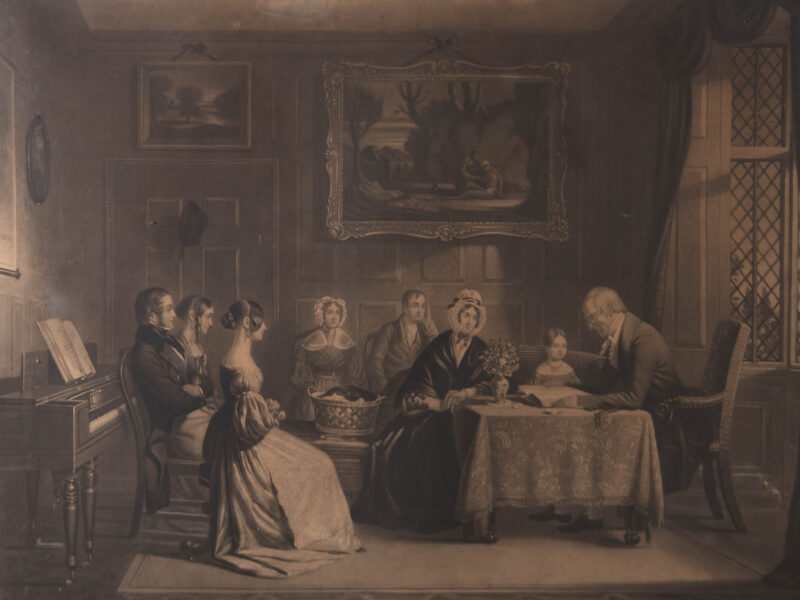This letter is a brief clarification of the position that I argued regarding Christian universalism in my book, The Devil’s Redemption (2018). During the last year and a half, I have found that many of those who read David Bentley Hart’s review of my book—but who have not read the book itself—have ended up with mistaken ideas regarding the thesis that I defended there. These misunderstandings have persisted, and hence I have written this brief missive.
In my book, I never claimed that Origen was a gnostic per se, but I argued that Origen’s three-fold cosmic schema (involving pre-existent selves, earthly embodiment, and final return to God) was analogous to the schema employed by the gnostics of Origen’s day and of later times. This idea is not original to me and is supported by German authorities on ancient gnosis, such as Hans Jonas and Holger Strutwolf. Throughout the centuries “Origenism” varied a great deal, but it preserved this three-stage pattern—as well as an affirmation of final salvation for all.
Regarding what Hart called my “gnostic origins” idea, Hart’s review of my book ignored some 95-97% of the evidence that I presented in favor of my thesis. Hart’s response to me sought to preserve the Christian reputation of a small number of authors whom he favors, most notably, the Christian universalists Origen, Gregory of Nyssa, and Sergius Bulgakov. Yet my two-volume work engaged not just those three thinkers, but some 130 thinkers, spread over eighteen centuries. Furthermore, my thesis differed from Hart’s construal of it. The argument was not in favor of a “gnostic origins” idea but rather a “gnostic-kabbalistic-esoteric” origins idea, which is not quite the same thing.
A major thrust of my argument was to show that belief in universal salvation did not die off in Western religions after the sixth century CE but flourished among medieval and early modern figures who were part of an ongoing kabbalist (Jewish), cabalist (Christian), and esoteric tradition. Nonetheless, Hart turned a blind eye to this line of argumentation and to the primary sources that I cited. The authors whom he ignored included the Cathars, Jewish Kabbalists, Böhmists, Philadelphians, French esotericists (Martinists), Friedrich Schelling, and such Russian esotericists as Solovyov and Tomberg. Support for the intellectual genealogy linking ancient gnosis to the nineteenth-century German idealism of Schelling and Hegel appeared in F. C. Baur’s Die christliche Gnosis (newly translated into English) and in a number of major works by Cyril O’Regan, who is Hart’s colleague at Notre Dame University.
Also neglected in Hart’s review of my book is an interreligious aspect to my argument, showing that belief in universalism flourished specifically within the esoteric branches of Judaism, Christianity, and Islam from the 1100s up into the 1900s. In these three monotheistic traditions, if one goes looking for evidence of belief in universal salvation during these centuries, then one will end up (as I did) reading Kabbalist, Sufi, or esoteric Christian sources. The interreligious documentation of that claim is abundant in The Devil’s Redemption and it challenges Hart’s facile dismissal of my “gnostic-kabbalist-esoteric origins” hypothesis. In light of all the evidence that I marshalled in my book, the notion that Origen, the Cathars, the Christian Cabalists, the Philadelphians, the Schelling, Solovyov, and Bulgakov developed their universalist theologies simply on the basis of the Bible seems highly implausible. Appeal to the Bible they did, and yet The Devil’s Redemption probed into the underlying philosophical assumptions that shaped their interpretations of scripture.
Those who wish to judge between Hart’s claims and my own regarding Christian universalism will of course need to read my book as well as his.
See “Response to My Critics,” International Journal of Systematic Theology 22 (2020) 1-8 for a more extensive clarification.




'The Devil’s Redemption: A Short Clarification' has no comments
Be the first to comment this post!